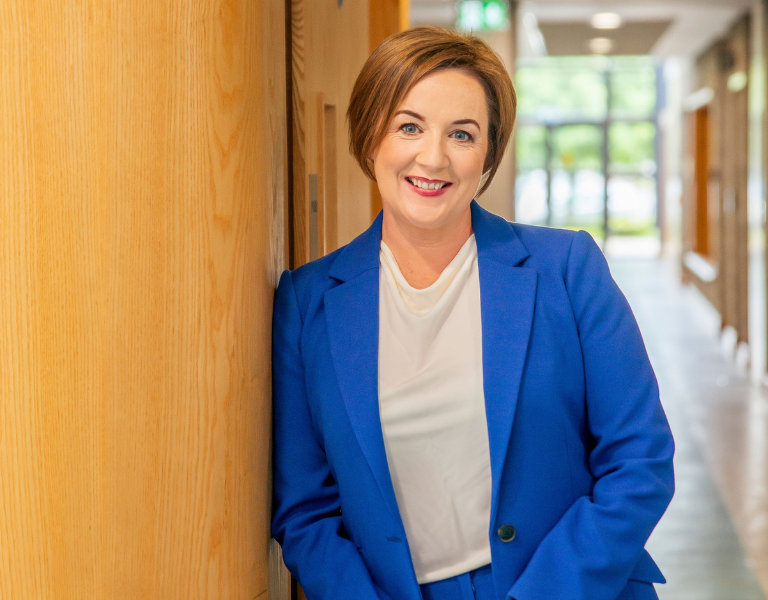The Importance Of Claiming Allowable Expenses
Depending on your personal circumstances you are entitled to allowable expenses. Allowable expenses reduce the amount of income on the tax you pay. The standard credits are the personal tax credit and the PAYE tax credits. There are, however, additional tax credits you could be eligible for.
Claiming your tax credits reduces the amount of tax you pay. A large number of allowable expenses go unclaimed every year because people are unaware of what they can claim for.
Everyone is entitled to a personal tax credit and if you qualify for any of the tax credits below, be sure to claim them as it will enable you to economise and reduce tax payments.
You can claim a tax rebate for the previous 4 years. Even if the P21 balancing statement you get from Revenue doesn’t indicate that you’re due any tax back, it can still be worthwhile having an expert check. Tax back services like Revenue will not check if you are due tax relief on tax credits you are not currently claiming.
Medical Expenses
You can claim tax relief online using Revenue’s PAYE Anytime service. You can use a medical form called a MED1 form to claim tax relief on all general medical expenses (including dental expenses). You can only claim for medical expenses if you have receipts to prove your claim.
You are eligible to claim tax relief on the following:
- Doctor and consultants’ fees
- Items or treatments prescribed by a doctor or consultant
- Specialised dental treatment
- In-vitro fertilisation
- Routine maternity care
- Ambulance transport fees
- Costs of speech and language therapy carried out by a speech and language therapist for a qualifying child
Expenses & Reliefs For Seniors
Age Tax Credit
If you are aged 65 or over, you can get an Age Tax Credit. This is on top of your personal tax credit and it can also be claimed as soon as you or your partner reaches the age threshold.
Nursing Home Expenses
Income tax relief is available on fees for nursing homes. You claim tax relief for nursing home fees under the general scheme for tax relief on medical expenses.
Dependent Relative Tax Credit
You can claim this tax credit if you incur costs maintaining a relative, e.g. cost of employing a qualified nurse at home.
Home Carer Tax Credit
This Tax Credit is available if you are married and you care for one or more dependent person.
Expenses For Students
Tuition Fees For Third Level
Relief is available per student, per course, per academic year. Relief comes at the standard rate of income tax. Please note Income tax relief is not due on: Administration fees, examination fees or registration fees. Nor is it due on any part of the fees that grants, scholarships, an employer or otherwise cover.
Claiming Back Tax
Many third level student will encounter emergency tax when they begin working. Emergency Tax is applied if the employer does not receive a Tax Credit Certificate (TCC) or a P45. You can claim back emergency tax by filing a P21 Banking Statement at the end of the tax year.
Expenses For Parents or Guardians
Home Carers Credit
A couple in a marriage or civil partnership where one spouse or civil partner is the Home Carer and cares for one/more dependent persons.
One Parent Family Tax Credit
A One-Parent Family Tax Credit is available to a single parent, or anyone who has custody of and maintains a child who is living with them. This includes individuals who are single, widowed, a surviving civil partner, deserted, divorced, separated from their spouse or civil partner, or whose civil partnership has been dissolved.
Married Tax Credit
If you get married, both you and your spouse will be treated as single people for tax purposes for that year. However, if the tax you pay as two single people is greater than the tax you would have paid if you were taxed as a married couple, you can claim the difference.
Incapacitated Child Tax
The tax credit can be claimed where a claimant proves that he or she was living at any time during the tax year with a child who is either physically or mentally permanently incapacitated and therefore unable to maintain himself/herself.
There is also a tax credit available if you employ someone to look after an incapacitated relative
Single Person Child Carer Credit
The Single Person Child Care Credit (SPCCC) is a tax credit that is available to a single person who is a parent of a child or who has custody of and maintains a child who is living with him or her.
Widowed Person or Surviving Civil Partner With Dependent Child Tax Credit
A widowed person, or a surviving civil partner, with one or more dependent children, can claim this tax credit after the death of a spouse or civil partner. This credit is granted in addition to the Widowed Person or Surviving Civil Partner’s Tax Credit and can be claimed for 5 years after the year of death of a spouse or civil partner, as long as the claimant has one or more dependent children.

Do I need to have copies of receipts for expenses?
Yes, it is necessary to have copies of receipts for any expenses that you wish to claim tax relief on. If you cannot locate the receipts for medical or dental expenses, contact your doctor, clinic or dentist and ask them to re-send you a copy.


